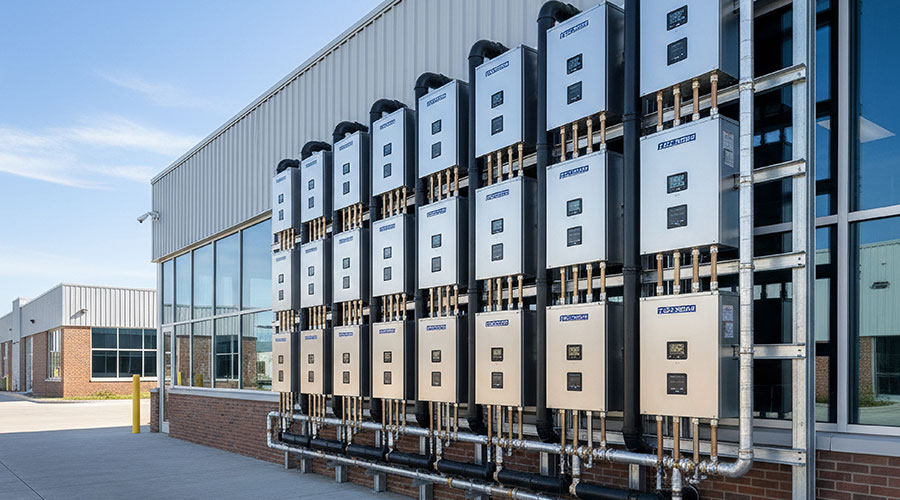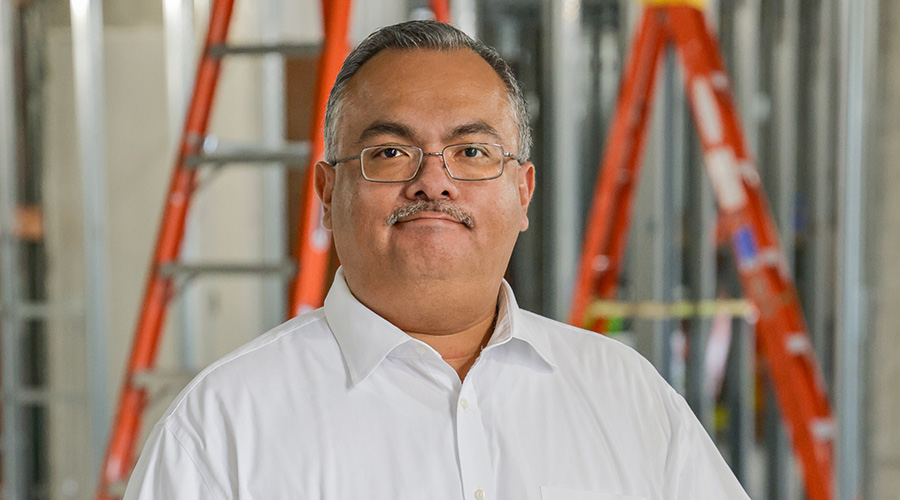Chicago Market Has High Taxes, Operating Expenses, BOMA Study Says
Chicago's major office buildings pay higher real estate taxes per square foot and also have higher operating expenses than counterparts in other major U.S. cities, according to a survey conducted for the Building Owners and Managers Association of Chicago.
Chicago's major office buildings pay higher real estate taxes per square foot and also have higher operating expenses than counterparts in other major U.S. cities, according to a survey conducted for the Building Owners and Managers Association of Chicago.
The study found that average property taxes per square foot for downtown office buildings was 24 percent higher than in New York, 50 percent higher than in Dallas, 66 percent higher than Atlanta and 72 percent more than in Los Angeles. The study examined the period 1994-2004.
The study, conducted for BOMA/Chicago by the Roosevelt University Marshall Bennett Institute of Real Estate, also documented other areas of concern such as high operating expenses relative to most other major markets and high vacancy rates.
"A comparison of square feet per worker, income, taxes and total operating and fixed expenses between Chicago and a group of four other cities (Atlanta, Dallas, Los Angeles and New York) indicates that Chicago is less competitive," according to the study.
The reported noted that the quality of the office stock is comparable to other cities, but higher real estate impacting the city's ability to attract firms and may jeopardize the market further if high vacancies continue and owners of older properties postpone renovations because money spent on taxes is not available for re-investment in building improvements.
Additional data supplied by Chicago-based commercial real estate services firm Grubb & Ellis Company found that notwithstanding a few significant moves by companies to Chicago, on average the city has added only 100,000 square feet of new tenant-occupied space over the last five years.
That translates into just one large new commercial tenant a year. Chicago's commercial office vacancy rate remains five points higher than the national average at about 18 percent, Grubb & Ellis reported.
BOMA/Chicago said the report pointed to the need for fundamental reform of Illinois' property tax and school funding system to help ensure the city's continued vitality and growth.
"It's time to stop tinkering with an obviously broken tax system, a system that isn't working for our schools and isn't working for business or residential property taxpayers," says Ronald Vukas, executive vice president of BOMA/Chicago. "It's time to enact bold, comprehensive reforms that shift the burden from property taxes to other, statewide general revenue sources."
Among the other findings:
•Despite a few, high-profile transactions in the $400/sq. ft. range, Chicago building sales averaged $196/sq. ft. over the last 10 years.
•Operating expenses per square foot averaged $4 lower than in New York (1994-2004), but $3 higher than in Los Angeles and nearly $6 more than in Dallas and Atlanta.
•The 230 privately owned BOMA/Chicago office buildings house approximately 250,000 jobs at nearly 8,000 companies and organizations. These include 145 Fortune 500 and 437 publicly traded companies.
Related Topics:











